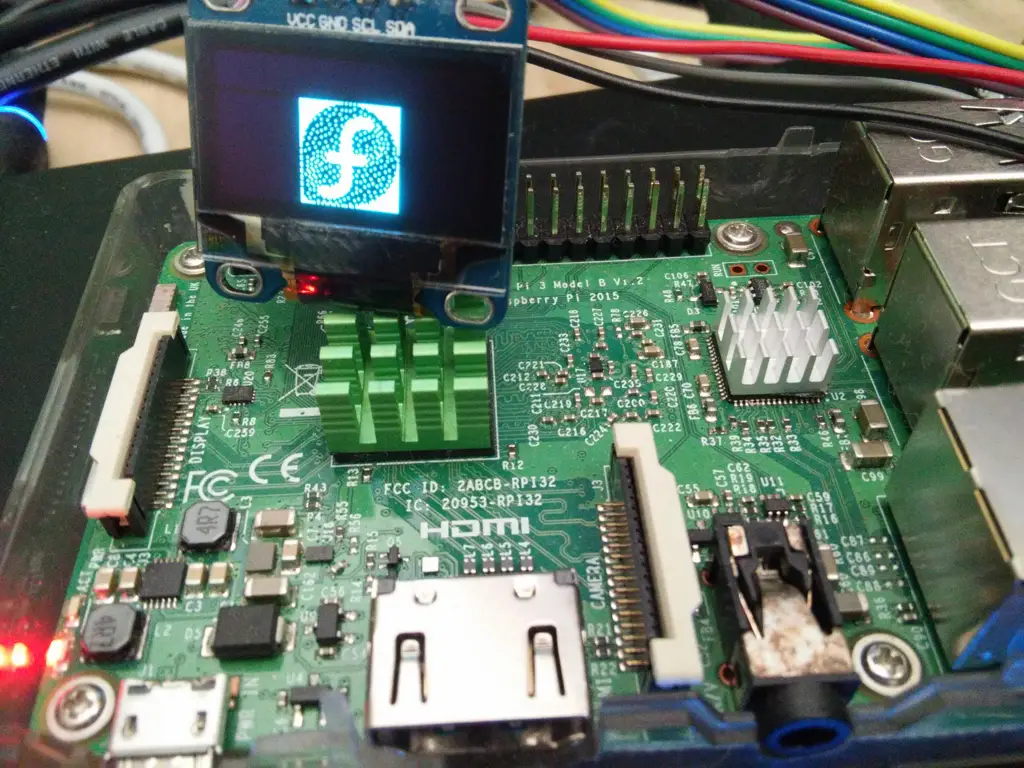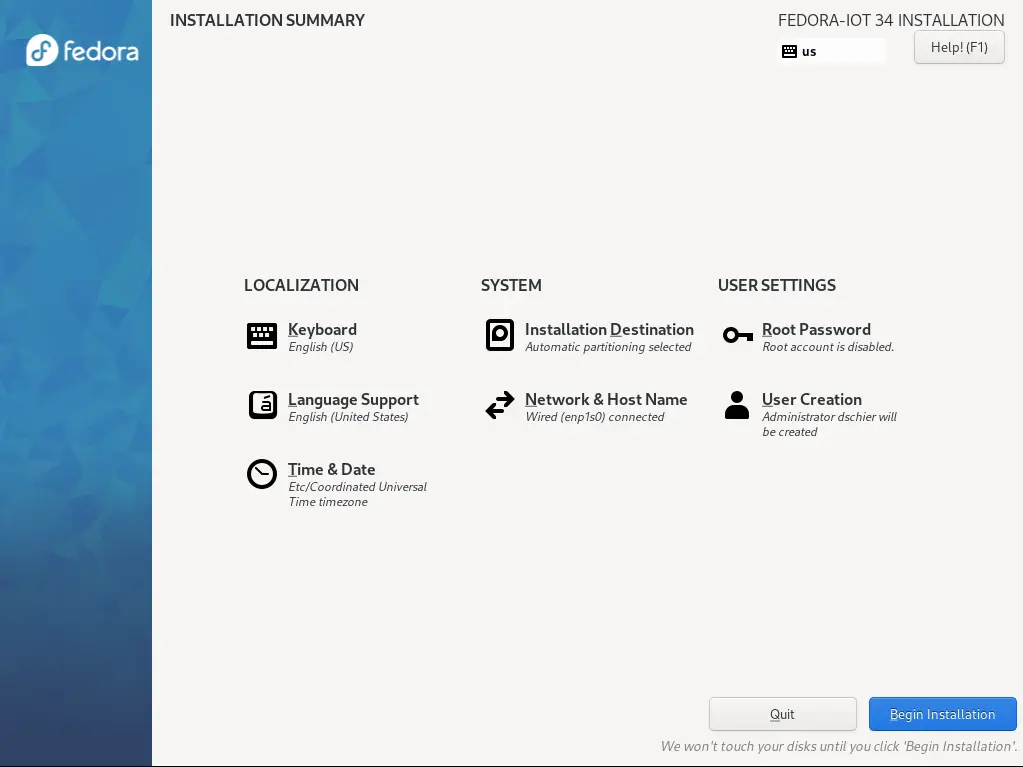Fedora IoT vs. Ubuntu Core: IoT Distros Compared

Fedora IoT and Ubuntu Core are both popular IoT distros. While there are several similarities between these two operating systems, some key differences set them apart.

Release and Update Model:

Fedora IoT follows a rolling release model, with frequent updates. This means that users can access the latest features promptly, ensuring their systems are up-to-date with current security patches and bug fixes. On the other hand, Ubuntu Core uses a long-term support (LTS) model that emphasizes stability and security over frequent updates. Ubuntu Core guarantees longer releases with consistent configurations, offering greater predictability and stability, which is important for IoT systems deployed in mission-critical environments.
Package Management:
Package management is a crucial component OS, and each distro uses different methods. Fedora IoT incorporates a YUM-based package manager. It makes it easier for users to install, update, and remove software packages. Ubuntu Core, however, utilizes a Snapcraft-based package management method. This simplified approach focuses on containerized applications, offering improved security, isolation, and updates.
Support for IoT Devices:
Fedora IoT offers a wide range of support for various IoT devices, from single-board computers like Raspberry Pi to gateways and industrial controllers. With a focus on adaptability, Fedora IoT provides a flexible platform that can accommodate diverse hardware configurations and development needs. Ubuntu Core, on the other hand, mainly targets Intel architecture and systems. While targeting a limited number of platforms ensures better compatibility and optimization, it may limit support for broader IoT device ecosystems.
Security Features:
Both Fedora IoT and Ubuntu Core prioritize security. Fedora IoT includes SELinux (Security Enhanced Linux) and a strict auditing subsystem, ensuring robust access control and enhanced protection against unauthorized access or malware. Canonical, the company behind Ubuntu, has developed Ubuntu Core with a focus on defense-in-depth security approaches. Due to its minimalistic design, reduced interfaces, and frequent security audits, Ubuntu Core offers a secure foundation for sensitive IoT deployments.
Conclusion:
Choosing the best IoT distro between Fedora IoT and Ubuntu Core depends on your specific requirements and focus areas. Fedora IoT, with its frequent updates and broad device support, is suitable for developers seeking flexibility and rapid adoption of new features. Ubuntu Core is an excellent option prioritizing stability, security, and ease of management, making it ideal for industrial applications. Evaluating your requirements and making an informed decision will enable you to select the IoT distro that best aligns with your project needs.

Great article! Very informative. I use both Fedora and Ubuntu for my IoT projects and I have to say that each one has its pros and cons. Ubuntu Core is a bit more streamlined and easier to use, but Fedora has a more active community and more support for different hardware. Overall, I think either one is a good choice for IoT development.
Ummmm why would you need either one for just developing I0T apps?
Fedora Iot is Better then Ubuntu, you can use that for any Devices
I think Ubuntu Core is better than Fedora IoT because it is more secure and has a smaller footprint. I have used both of these distros for IoT projects and I have found that Ubuntu Core is more reliable and easier to use.
This is an excellent comparison of Fedora IoT and Ubuntu Core. Both distros have their strengths and weaknesses, and the better choice for you will depend on your specific needs.
What is the difference between Fedora IoT and Ubuntu Core? I have searched, but I have not found anything that adequately explains the subject.
In my opinion both distros are not the best opcions for Iot projects, because there are better options.
Fedora for never I know, no compare with Ubuntu